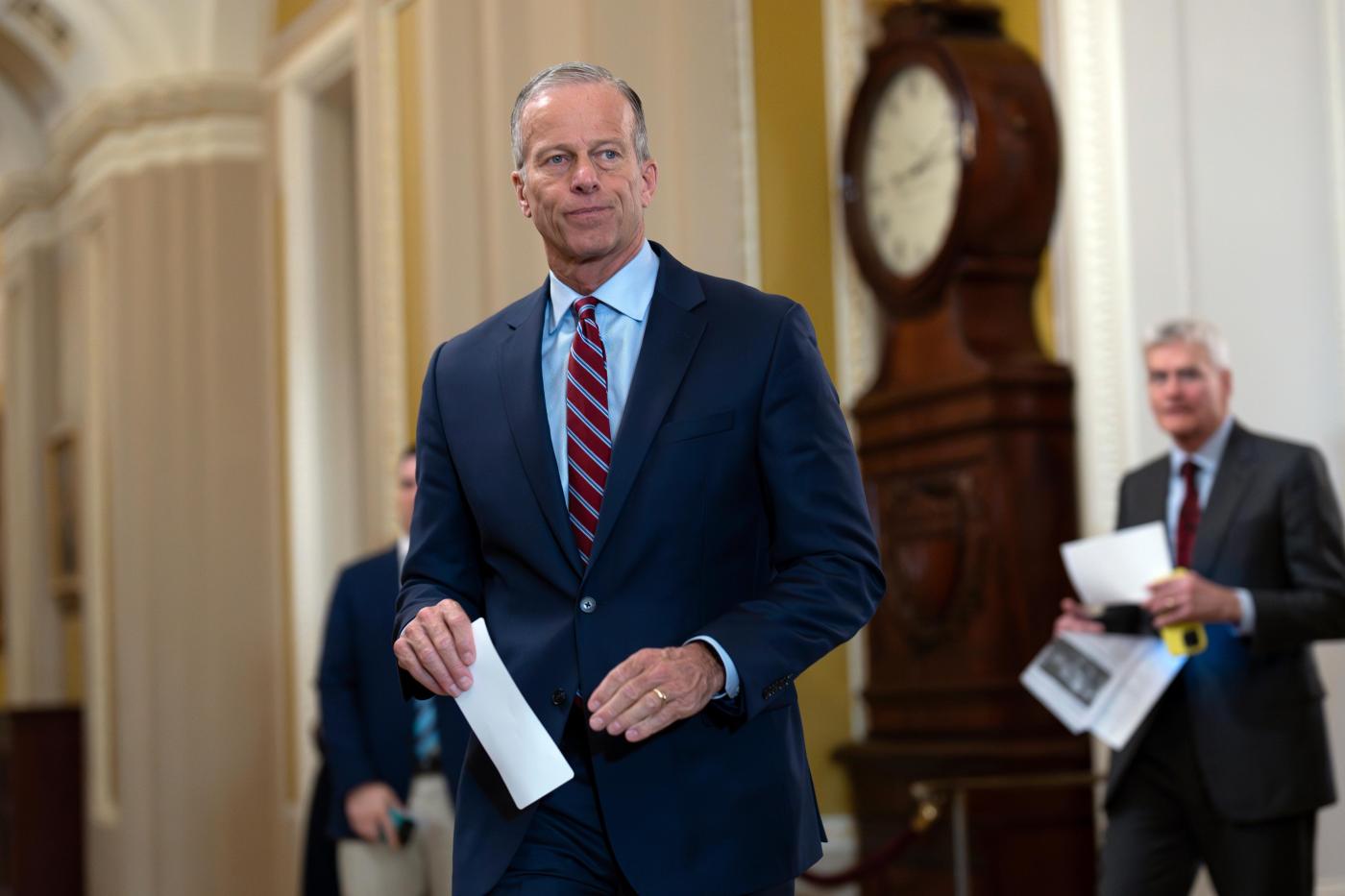Senate Majority Leader John Thune is advocating for significant alterations to the Senate’s longstanding filibuster procedure, a move that would allow legislation and nominations to be expedited in the absence of 60 votes. This proposal, influenced by former President Donald Trump, has emerged amidst frustrations over Senate Democrats blocking numerous Trump nominees. Critics argue that this shift could undermine the Senate’s role as a check on executive power.
Thune’s rationale appears to stem from a sense of grievance regarding the current political landscape. During the Biden administration, many of President Biden’s nominees received unanimous consent or were confirmed via voice votes. Thune argues that Democrats enjoyed a more streamlined confirmation process, contrasting it with the current situation, where Trump’s picks face significant hurdles.
The nominees under consideration raise concerns. While Biden’s selections primarily consist of experienced professionals interested in managing federal agencies, Trump’s nominees are often perceived as political allies rather than qualified public servants. Critics contend that these individuals may prioritize loyalty to Trump over the integrity of governmental institutions, raising alarms about the potential erosion of these agencies’ missions.
The actions of Republican senators suggest a belief that they will maintain power indefinitely. Such thinking ignores the possibility of future minority status and the need for robust mechanisms to check majority power. Historically, the filibuster has served as a safeguard for minority rights within the Senate.
The legacy of former Senate Majority Leader Harry Reid plays a significant role in this discussion. Reid altered filibuster rules for judicial nominations when Barack Obama was president, facilitating the confirmation of Obama’s judges. This change ultimately enabled Trump to appoint three Supreme Court justices, significantly impacting the judiciary’s direction.
The current Senate environment has shifted away from its reputation as a deliberative body, with many members appearing more concerned with party loyalty than consensus-building. This dynamic is exemplified by the support for controversial nominees like Pete Hegseth and Bobby Kennedy, who have faced criticism for their qualifications.
Despite his current stance, Thune previously seemed to value the Senate’s independence and its function as a moderating force against the more volatile House of Representatives. Trump has long sought to eliminate the filibuster, and Thune’s proposal may reflect a growing alignment with Trump’s agenda.
Senators across the political spectrum need to consider the long-term implications of weakening the filibuster. The ability to effectively challenge the majority is crucial for maintaining democratic principles within the legislative process. Thune should heed the lessons of the past, as the decisions made today could lead to regret in the future, much like Reid’s changes have shaped the current political landscape.
